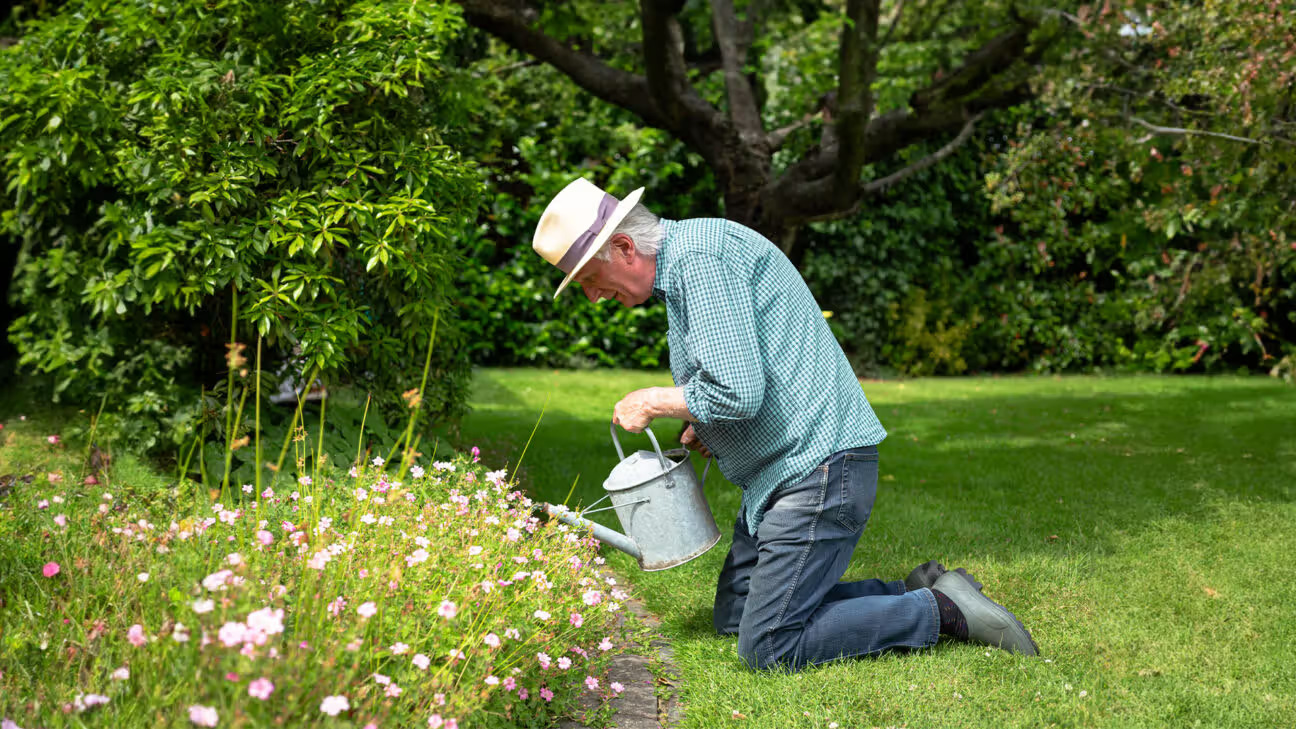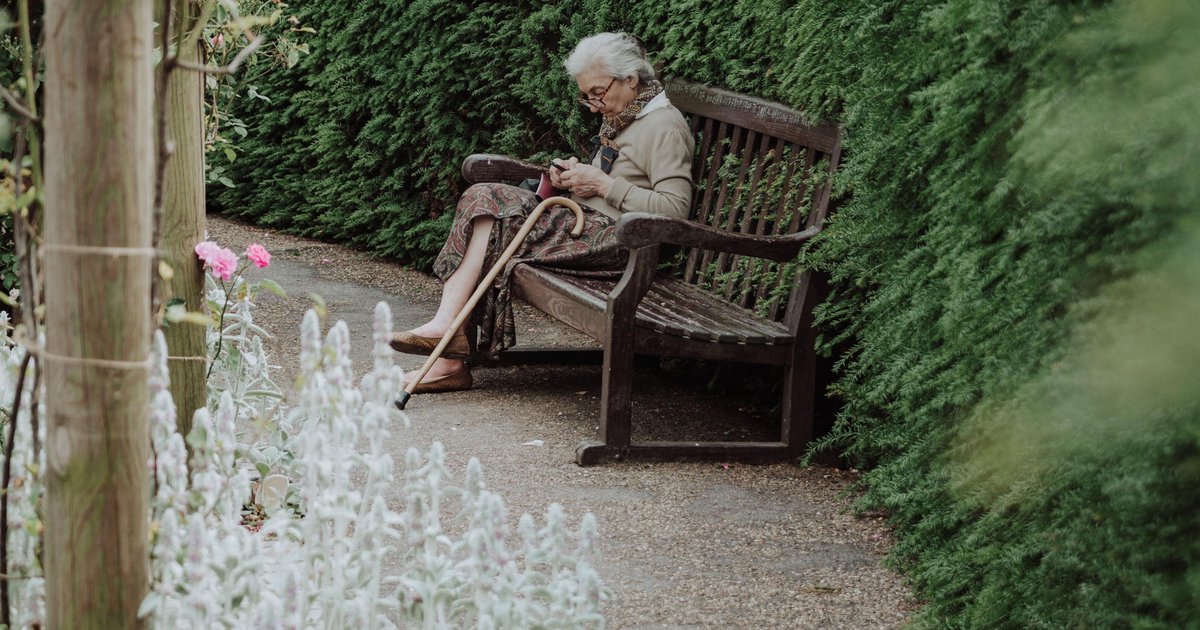Interest in longevity has surged among individuals and researchers, resulting in a wealth of information regarding how to live a long and healthy life. With countless cookbooks, research papers, and online articles available, the overwhelming amount of advice can be challenging to navigate. However, implementing a few straightforward lifestyle changes can significantly enhance your chances of reaching the age of 100. Drawing from nearly two years of reporting on longevity, five key habits emerge as vital for promoting a longer life.
The first and most crucial habit for longevity is maintaining a healthy diet. Valter Longo, a prominent researcher in the field, emphasizes that diet plays a pivotal role in lifespan. Experts studying the world’s longest-lived populations recommend a diet similar to the Mediterranean diet, which is primarily plant-based.
This diet should include legumes, nuts, whole grains, and a variety of vegetables while avoiding red meat. Longo suggests practicing intermittent fasting, with eating restricted to a 10- to 12-hour window each day, which aligns with the eating patterns observed in other longevity experts like Dan Buettner.
Regular physical activity is another essential aspect of a longevity-focused lifestyle. While some experts advocate for daily exercise, others emphasize the importance of consistent low-intensity movement.

A study conducted by the New England Centenarian Study indicates that incorporating strength training twice a week and aerobic exercises three times a week—even in brief sessions—can significantly enhance longevity. In the so-called blue zones, where many centenarians reside, physical activity tends to be less intense but is integrated into daily life through walking, gardening, and manual labor.
Having a sense of belief or purpose also contributes to a longer life. Dan Buettner’s interviews with centenarians reveal that the vast majority belong to faith-based communities, which can extend lifespan by several years. The happiness expert Arthur C. Brooks notes that spirituality or a guiding life philosophy fosters greater happiness and meaning in life. Engaging in religious or spiritual practices helps individuals cultivate a sense of community, providing emotional support that enhances their overall well-being.
Moreover, maintaining positive relationships is critical for longevity. Research from a long-running Harvard study indicates that social connections are vital for living a longer and happier life. Deepening these connections, termed “social fitness,” is just as important as forming them.
The centenarians in blue zones prioritize nurturing their relationships and making their loved ones a central part of their lives. Dan Buettner highlights that having the right friends can significantly influence health choices and overall well-being, emphasizing the importance of social bonds in achieving a long life.
Finally, prioritizing a sense of purpose and lifelong learning is essential for longevity. In Okinawa, Japan, a region known for its many centenarians, the concept of “ikigai,” or finding joy in being busy, is highly valued. Buettner advocates for cultivating a sense of purpose, as people with clear goals and commitments tend to live longer.
Additionally, the Harvard Study of Adult Development identifies lifelong learning and a growth mindset as crucial factors contributing to happiness and health in older age. As noted by Dr. George E. Vaillant, personal control over one’s path is a significant factor in aging well, underscoring the importance of these habits in fostering a long and fulfilling life.
